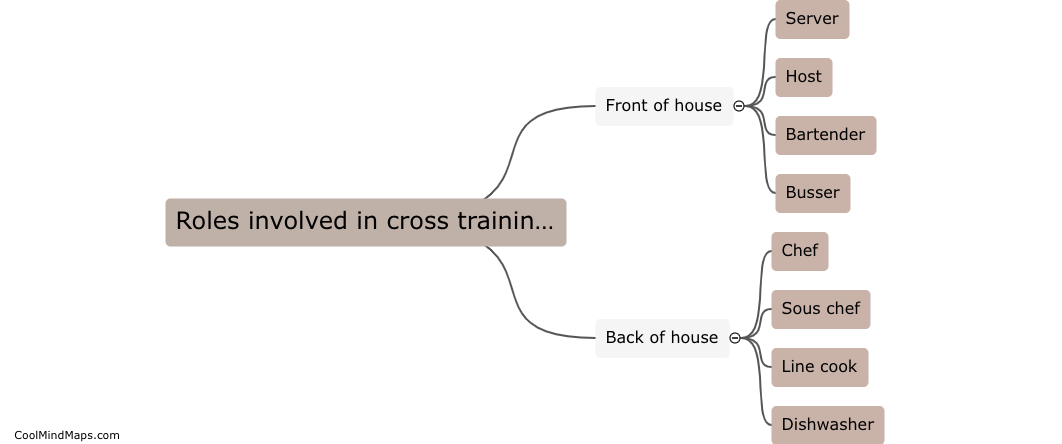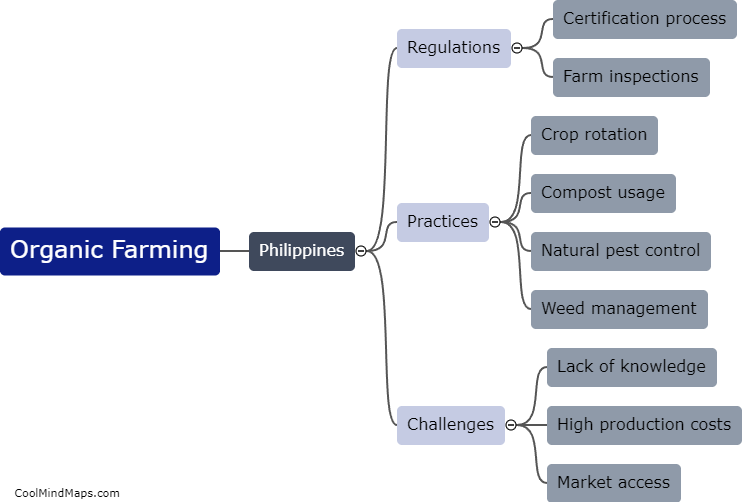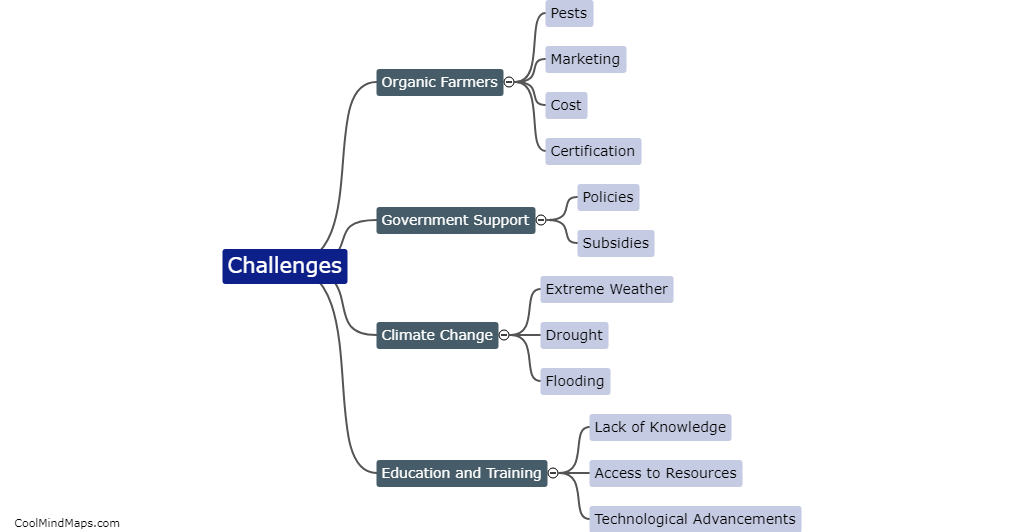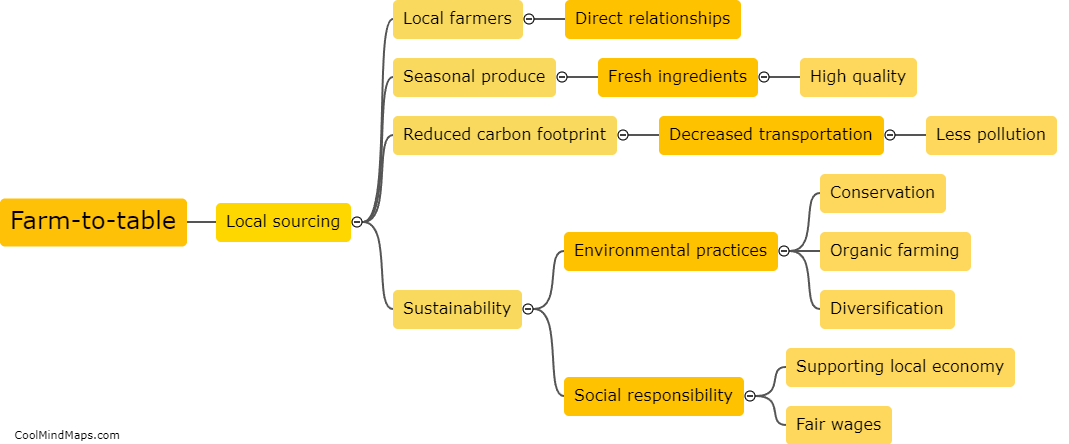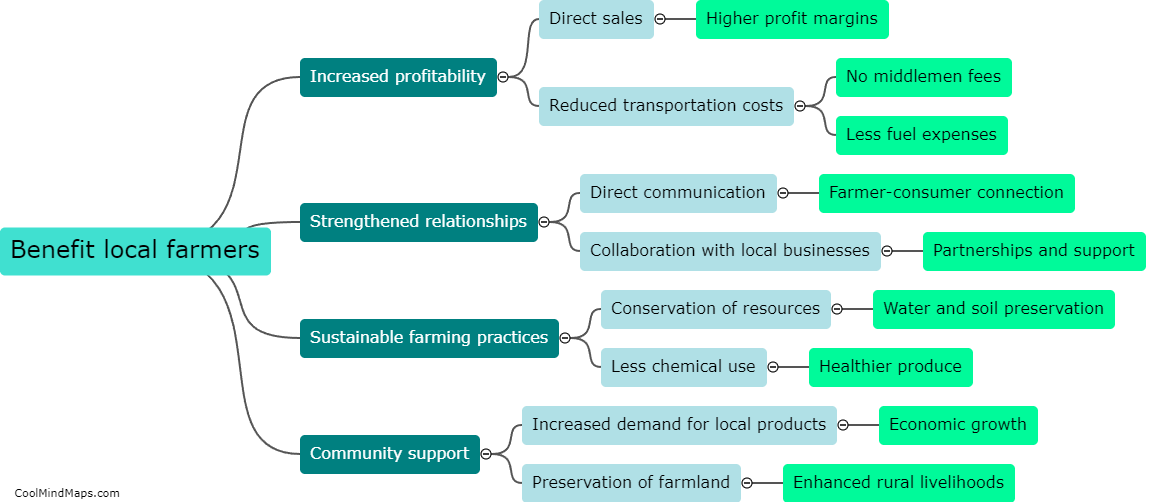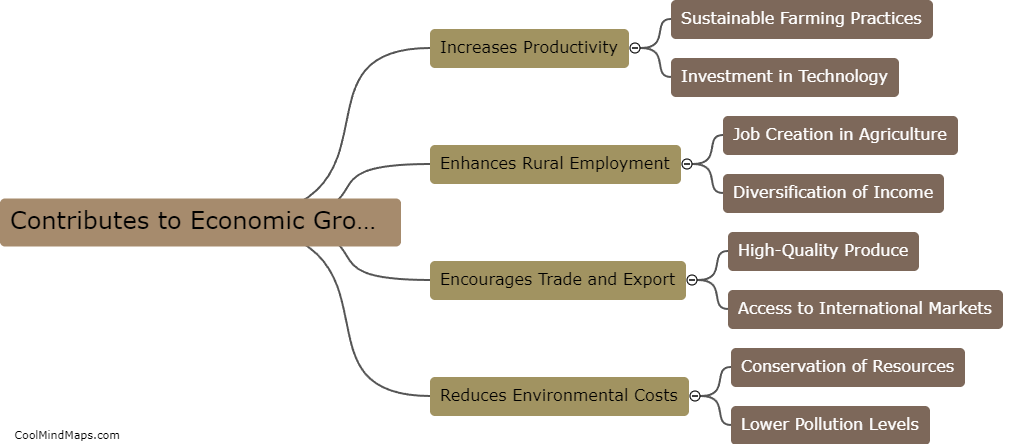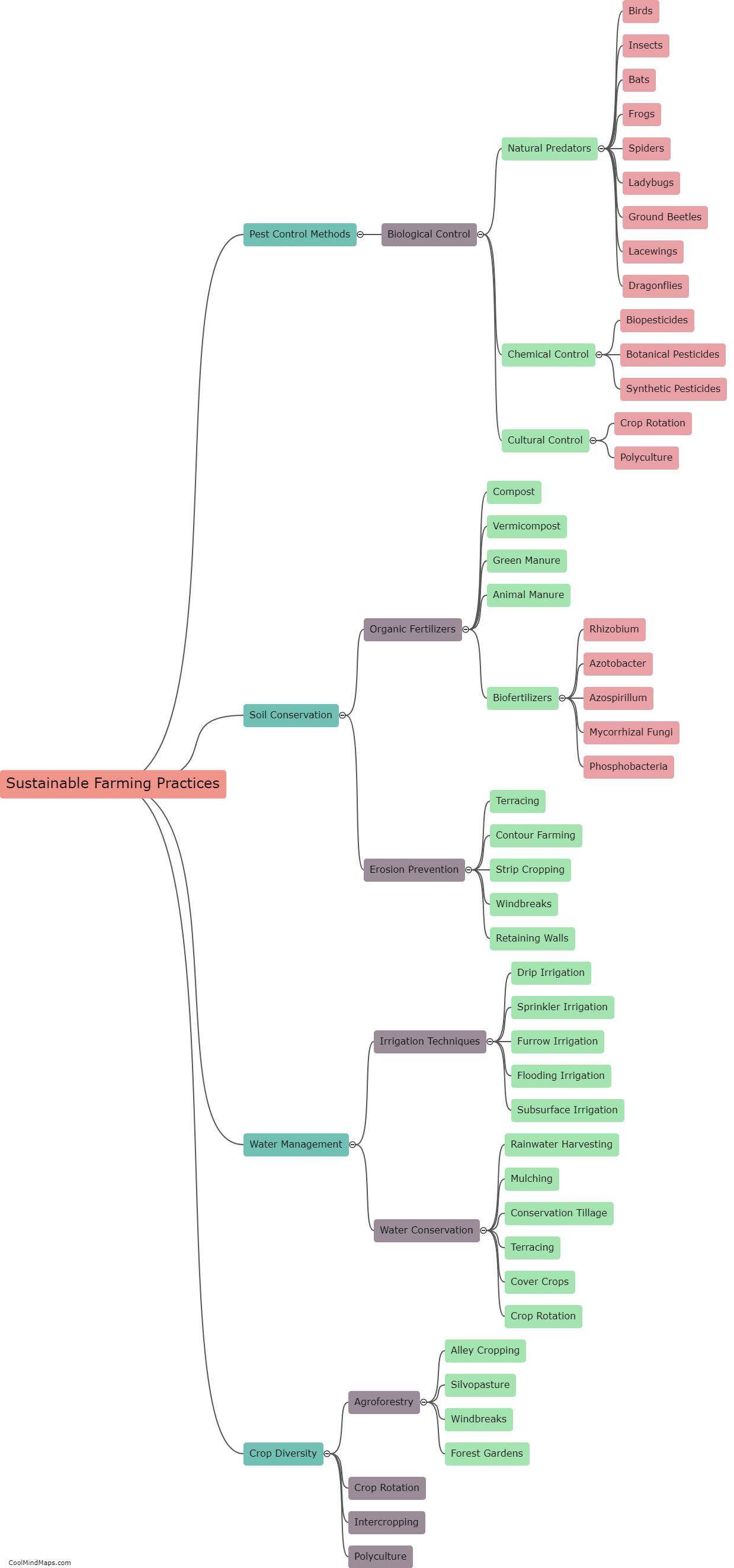What are the challenges faced in implementing farm-to-table practices?
Implementing farm-to-table practices can be challenging due to various factors. One of the main challenges is establishing a direct supply chain between farmers and consumers. This requires creating networks and partnerships that can handle the logistics of transporting fresh produce from farms to restaurants or markets in a timely manner. Additionally, ensuring consistent quality and quantity of produce can be difficult, especially considering the seasonality of crops and the vulnerability of agriculture to weather and pests. Another challenge is the cost associated with implementing farm-to-table practices, which can be higher due to the need for smaller scale production and more labor-intensive methods. Overcoming these challenges requires collaboration between farmers, chefs, and consumers, along with supportive policies and infrastructure to enable a sustainable and efficient farm-to-table system.
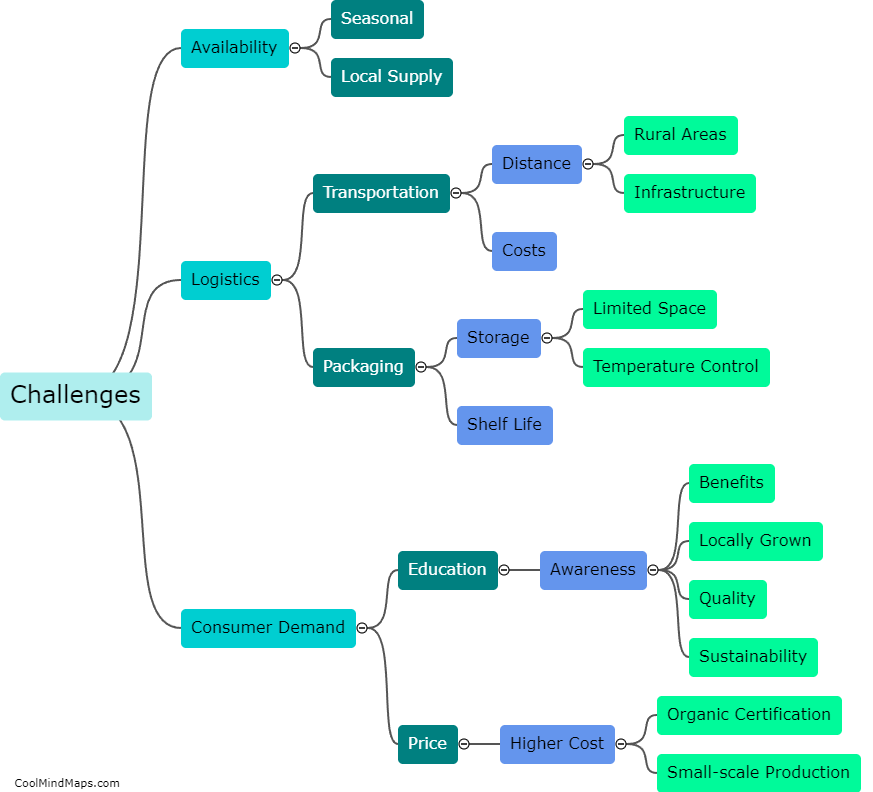
This mind map was published on 2 July 2023 and has been viewed 136 times.

